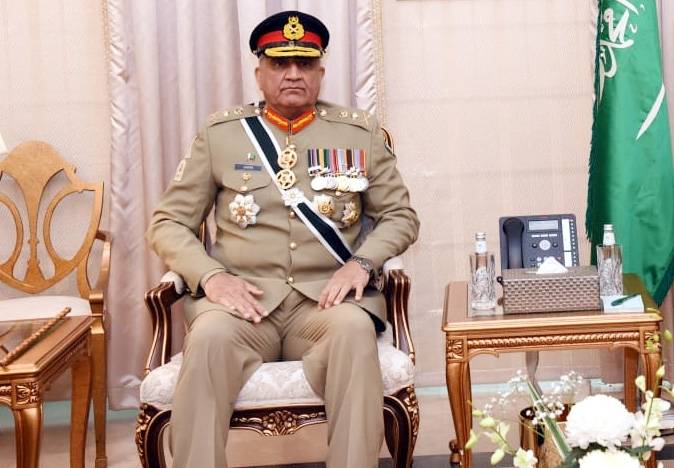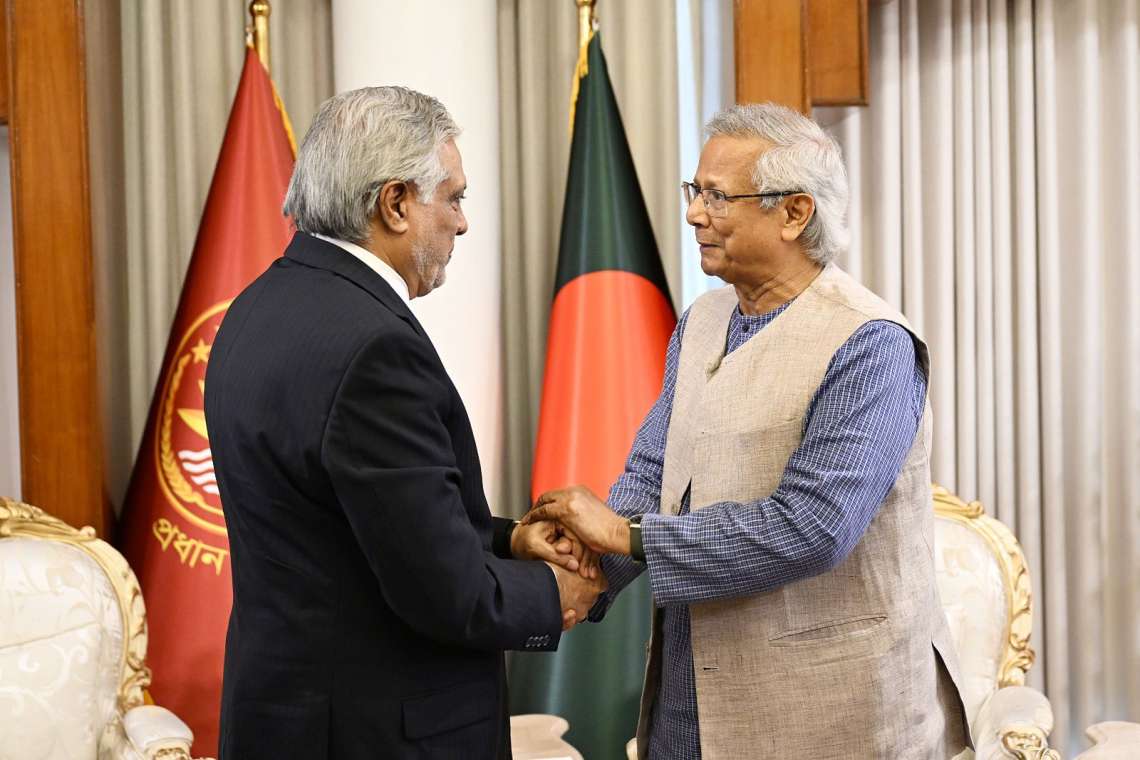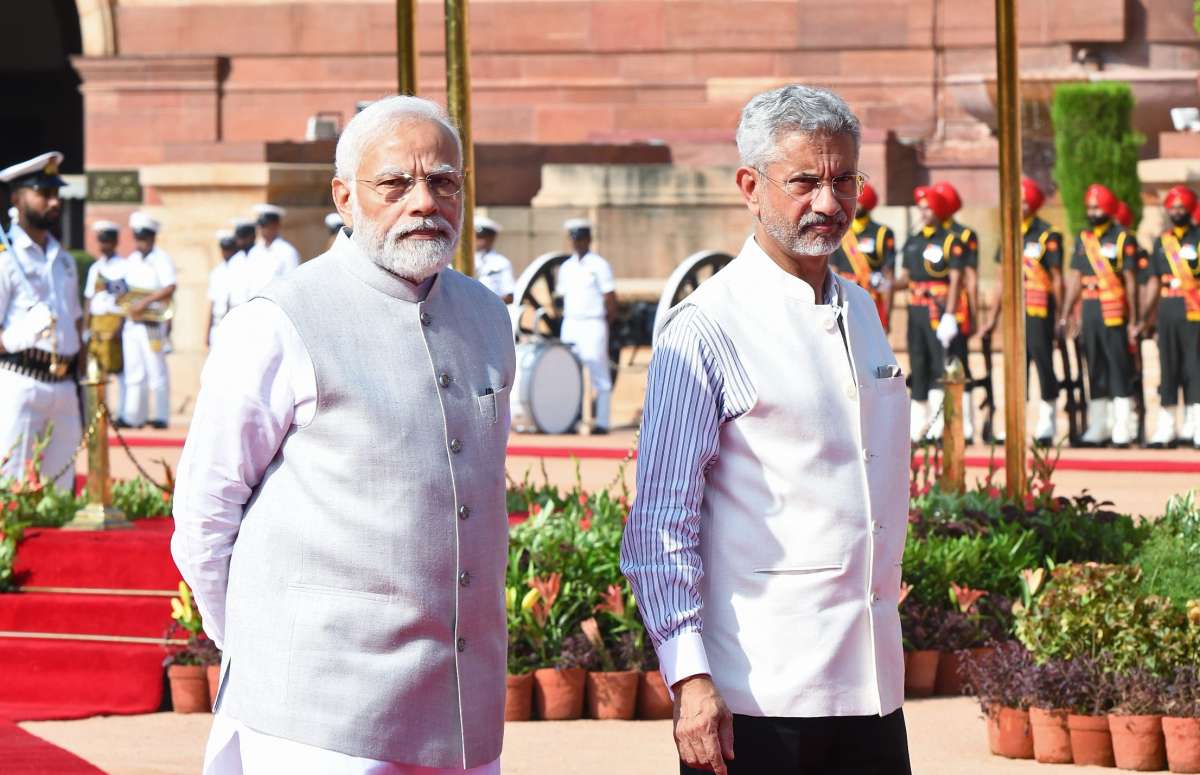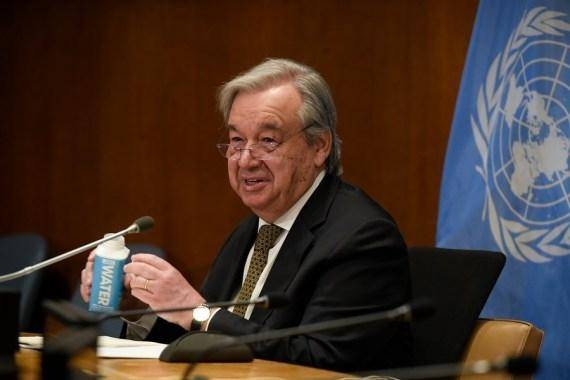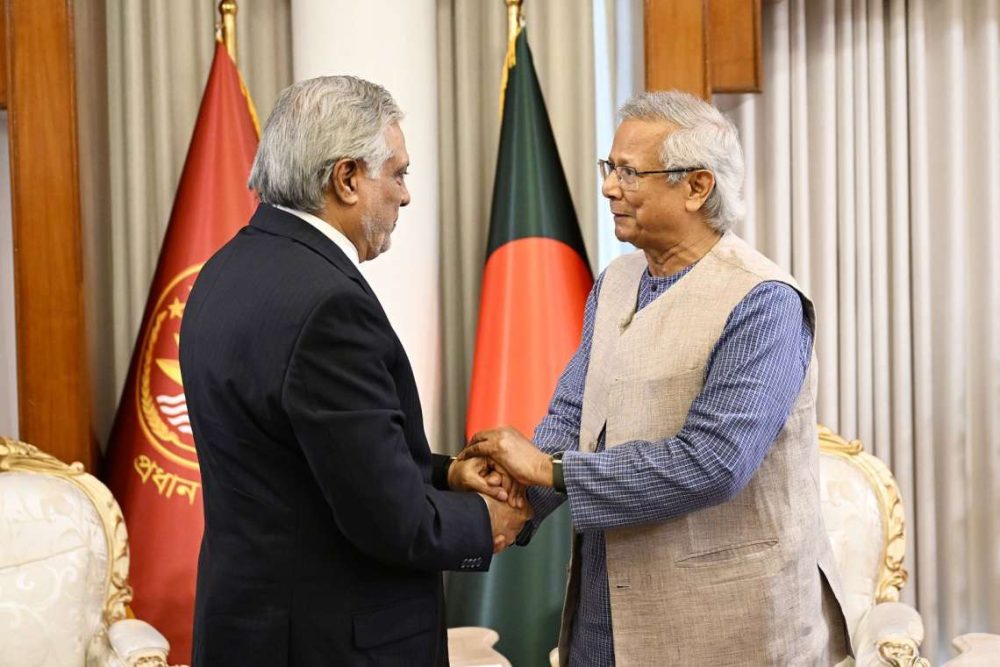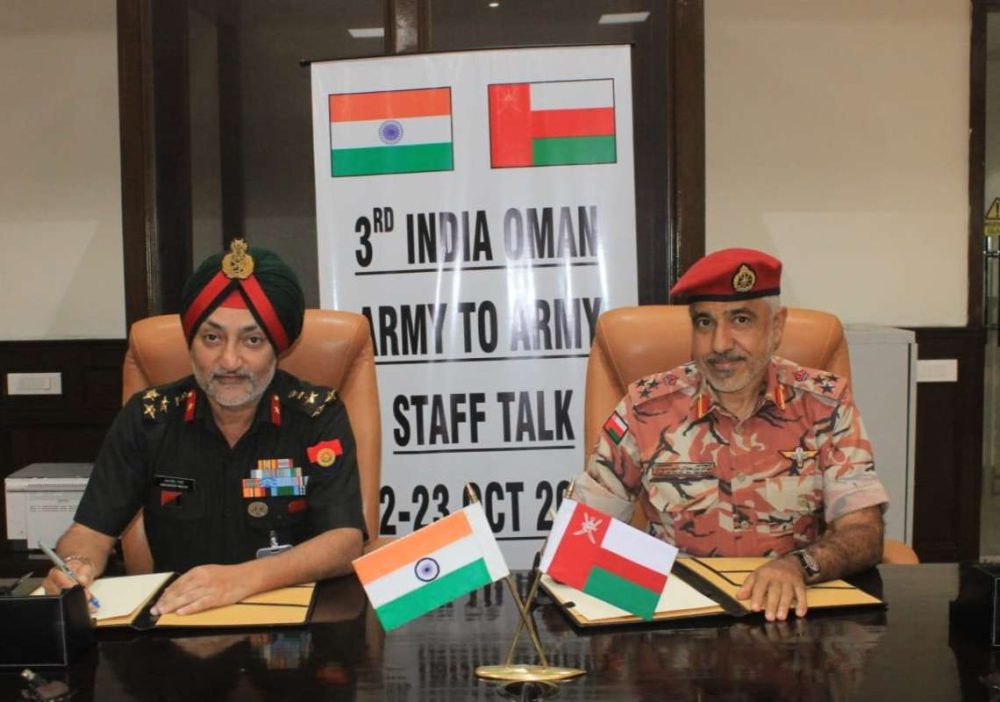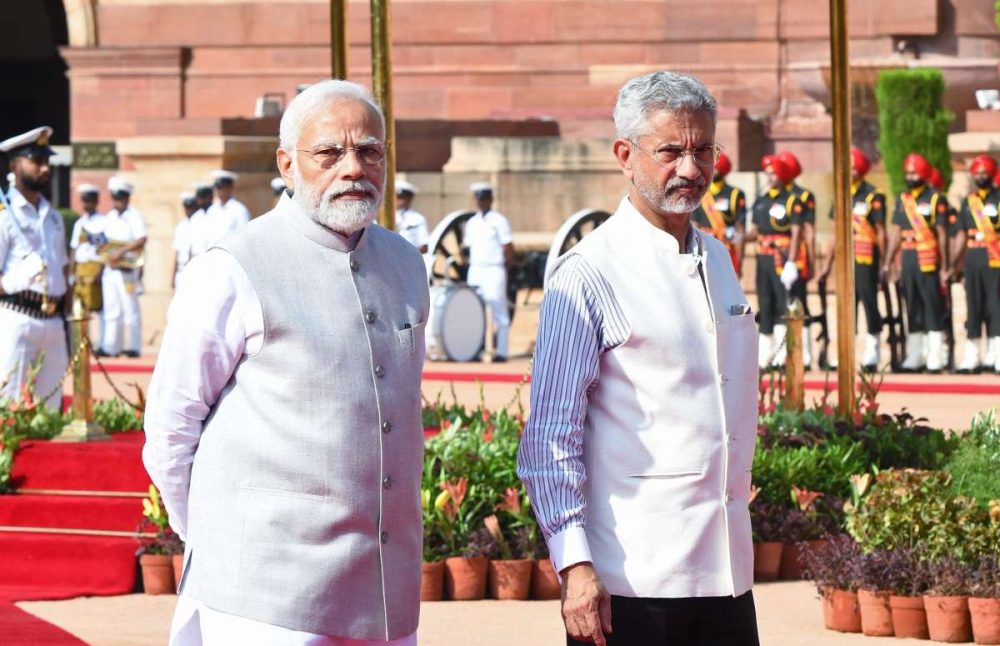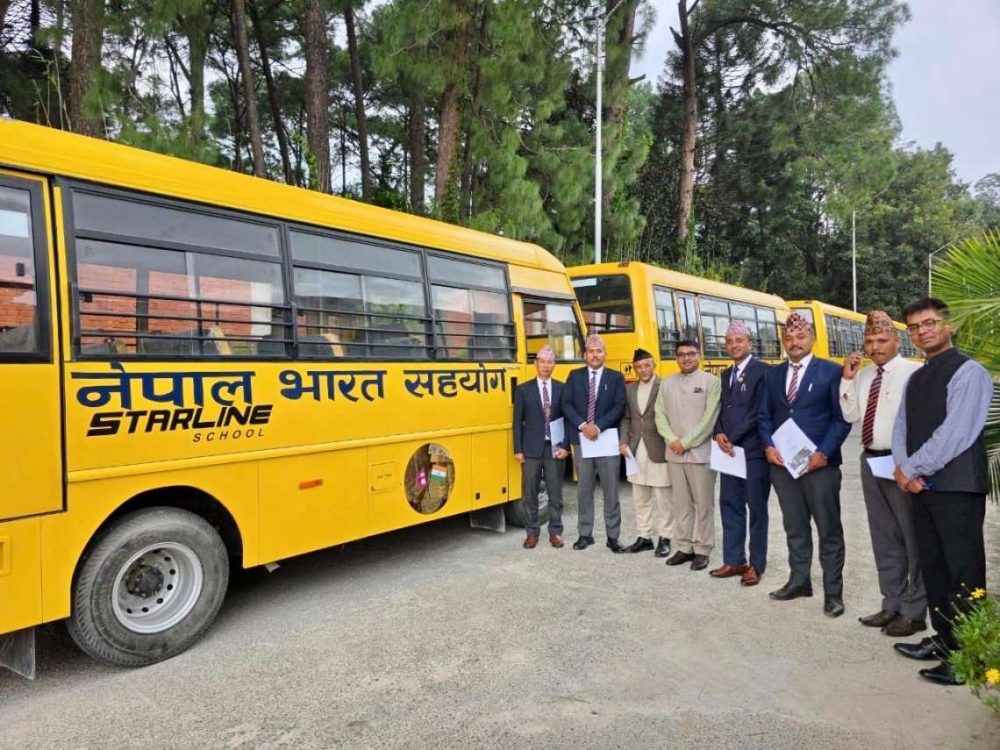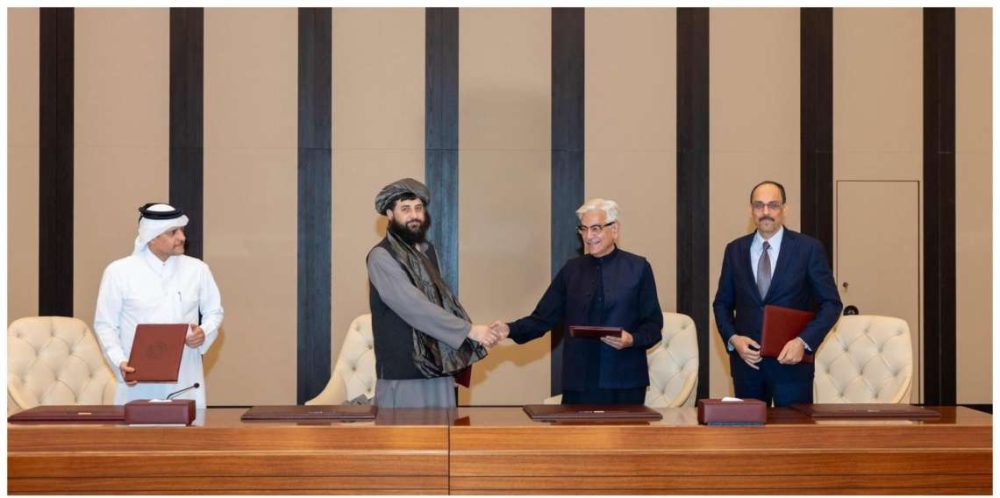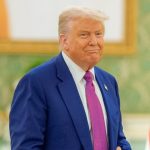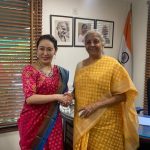It is time that Army Chief Bajwa, stepped up his game and smothered the broad spectrum of opportunists who have made feud with India, a money-minting industry, reports Atul Aneja
Pakistans abrupt U-turn on its decision to buy cotton from India has exposed a myriad of contradictions within the Pakistani establishment, anchored by the military, and a broken civilian cabal.
Saner elements within the Pakistani fourth estate have noted with dismay, the dysfunctionality of their country’s “system,” which is unable to distinguish between myopic “gains” and clear-eyed long-term interests.
Also Read – US sanctions Pak-based human smuggling group
In a pithy editorial on April 3, the liberal Dawn newspaper called the reversal of the decision, taken first by Prime Minister Imran Khan during a cabinet meeting, which he inexplicably overturned the very next day as “bizarre”.
The daily called the about-turn as “one that falls squarely under the unfortunate category of the left hand not knowing what the right is doing. Not only does it betray a lack of coordination within the government, it also points to poor decision-making on a serious matter that requires a sensible and level-headed approach.”

Consequently, Islamabad today is agog with frenzied speculation. Some media pundits have attributed the back-and-forth by Khan as the reflection of a power struggle with hawkish foreign minister Shah Mahmood Qureshi. Qureshi, leveraging his mass base acquired through his ancestral influence on a Sufi cult, is fast emerging as a potent rival to Khan. Qureshi is also well-plugged into a section of the Pakistani military, the real power behind the throne.
The controversial foreign minister has argued that any opening of trade with India would give the world an impression that relations were moving towards normalization. That, in turn would hurt the Kashmir �cause’ that Pakistan has been espousing globally.
Also Read – Pakistan, Russia to step up ties
In an editorial, The Friday Times’ veteran scribe, Najam Sethi, has pointed out that Army Chief Qamar Javed Bajwa, the big picture reader, had understood that cooling military tensions with India was necessary to stop the fragile Pakistani economy going into free fall. He stressed that the General was “trying to ease tensions with India and “normalise” � forget Kashmir for the time being � because the simmering conflict had strained his budgets and stretched his limits. The long war on the Line of Control was unaffordable. Hundreds of artillery shells costing thousands of USD were being lobbed every day, not to forget the cost of maintaining troops at full alert along a long perimeter. Just the fuel cost of keeping squadrons of the Pakistan Air Force (PAF) jets in the air when tensions were periodically running high was prohibitive. In real terms, the defence budget is more or less frozen because the government’s revenue base hasn’t increased in the last two years owing to a slump in the economy.”
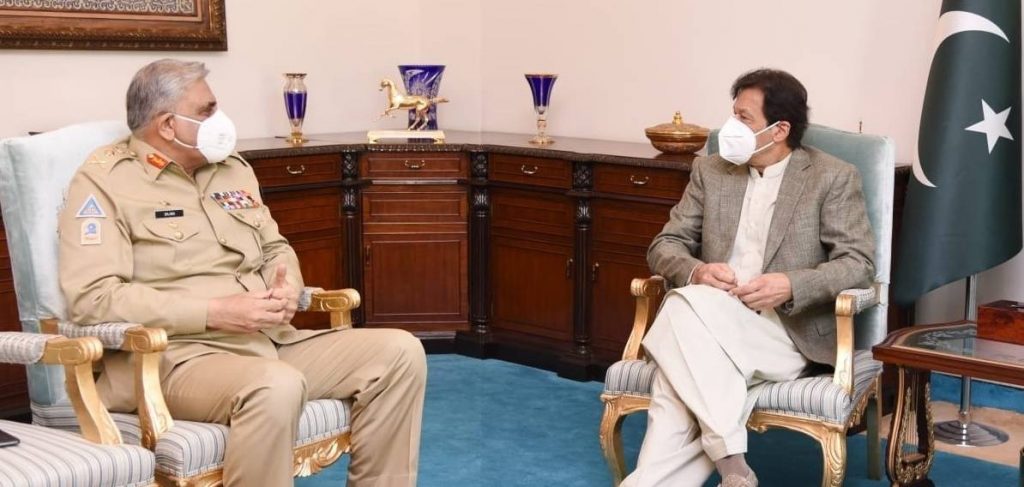
Insiders told India Narrative that it would be wrong to assume that the Pakistani military was fully united in backing the revival of the ceasefire agreement along the LOC, which was essentially top-driven. “The relatively junior ranks of colonels and majors, who have been on the frontend of the Kashmir Jihad have opposed the ceasefire deal, exposing contradictions within the Pakistani military hierarchy,” one of them said.
Consequently, it is unlikely that infiltration and terror will end in Kashmir right away. But without a complete and verifiable halt to terror in Kashmir, India will also be forced to step-back from the budding peace process.
Pakistan’s political class is also badly divided on normalising ties with India.
Also Read – TRADE: Afghanistan Puts Pakistan On Back Burner
On April 3, the News International reported that the opposition Pakistan Muslim League (Nawaz) opposed the government’s moves to import goods from India.
“Prime Minister should tell the nation whether his government has accepted annexation of Illegally Indian Occupied Jammu and Kashmir (IIOJ&K) with Indian while compromising on settlement of core dispute as per United Nations resolutions,” former Prime Minister Shahid Khaqan Abbasi told the media. Abbasi pointed out that the prime minister as in-charge of the Ministry of Commerce, on March 26 moved a summary to ECC seeking approval for import of three lacs tonnes of sugar and unlimited quantity of cotton from India till June 30. “It was a totally India specific summary,” he said.
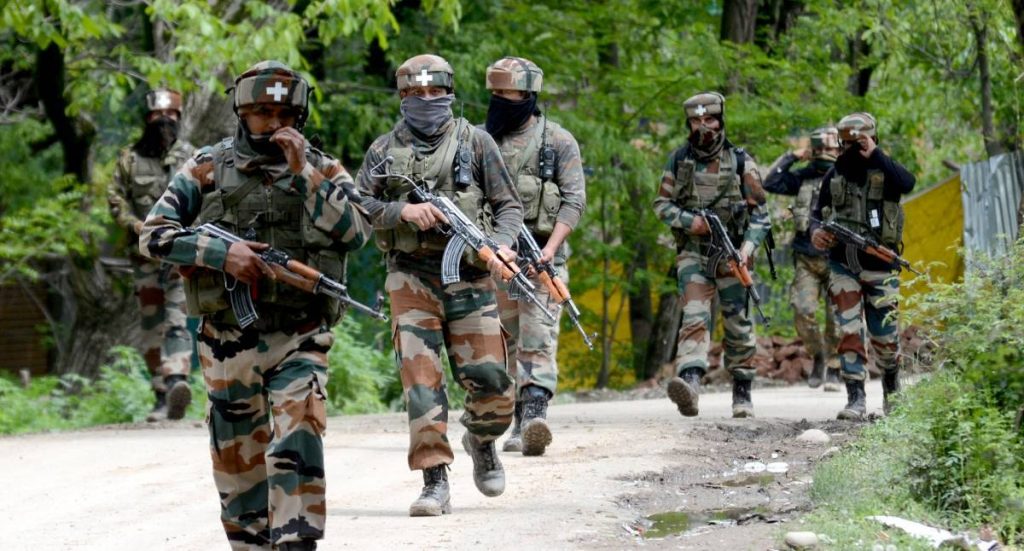
Pakistan’s commercial class, in turn stands opposed to the U-turn that Khan had inelegantly mounted. Unsurprisingly, Pakistan’s sugar and cotton importers have slammed the decision, arguing that both commodities were direly needed and were available in India, possibly at low rates.
As the slugfest in Pakistan gets nasty, the chances are that a beneath the radar, the two commodities from India could well arrive in Pakistan via Dubai. Of course, this import would be vastly more expensive.
Also Read – Pakistan: Hub of fake narratives
Security analyst Muhammad Amir Rana welcomed “the renewed discourse on bilateral trade � despite the subsequent backtracking � reflects Pakistan’s apparently changing and intertwined national security and economic diplomacy outlooks.” Writing in Dawn (April 4, 2010), Rana said Pakistan’s power elites “have never seriously addressed the economic issue. Pakistan has to focus more on transforming its economy, which may require good relations with India, Afghanistan and Iran.”
In the final analysis, Pakistan’s seemingly irreconcilable contradictions may have a far more serious outcome�the complete breakdown of trust with India. It is time that Army Chief Bajwa, stepped up his game and smothered the broad spectrum of opportunists who have made feud with India, a money-minting industry.
Also Read – Biden backs talks between India and Pakistan


